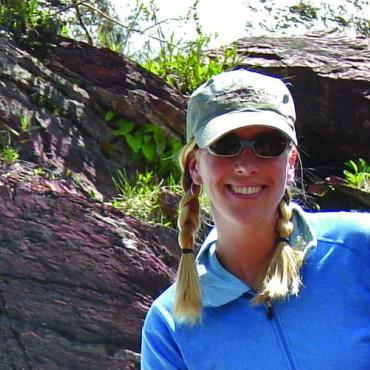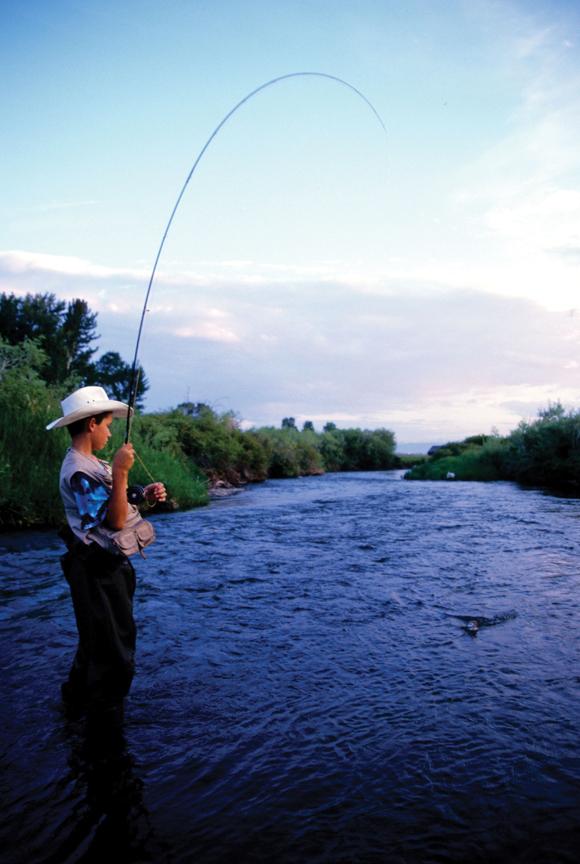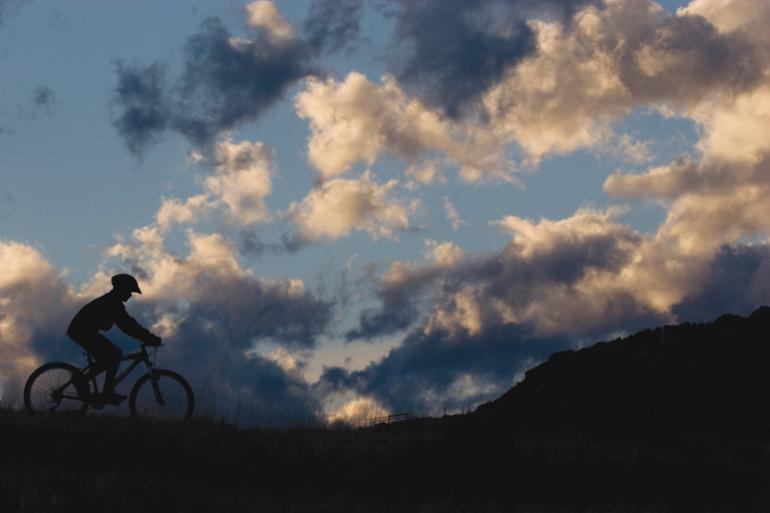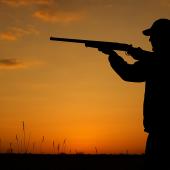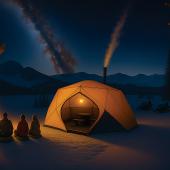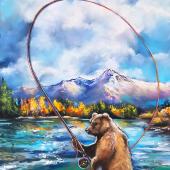Nature's Playground
Not a lot of kids can say they outgrew their climbing harness, mountain bike, hiking boots and waders all in the same year. The outdoors are beckoning, and Bozeman kids are flying down the mountain at Bridger Bowl, Big Sky, and Moonlight. They are hiking up Drinking Horse Mountain, playing in Bozeman Creek, passing you on their mountain bikes in the Bangtails, and casting flies into the Yellowstone River. They are tending school gardens and ice-skating at recess. For the most part, Bozeman kids are outdoor kids.
Living in this area, surrounded by mountains and rivers, it’s hard to grow up without a love for the outdoors. Not that it doesn’t happen. When I worked for Montana Outdoor Science School, I met several kids who had never been to Yellowstone National Park—you know, the world’s first national park that’s just an hour away?
Even in this outside-oriented area we live in, many kids aren’t getting enough wild time. This not only affects their development, but it also has implications for the future of society and the environment at large. Many of today’s kids are more apt to play video games, dance along with the Wii, or join social networks on the computer than to play outside.
According to several studies on children’s free time, the average American kid spends just four to seven minutes in unstructured outdoor play each day, and more than seven hours each day in front of an electronic screen. Four to seven minutes of unstructured outdoor play!
Playing outside is where kids master physical and motor skills like running, leaping, and climbing. And the outdoors has more to offer than just physical benefits. Cognitive, social, and emotional development are affected, too. Outside, children are more likely to invent games. As they do, they’re able to express themselves and learn about the world in their own way. They feel safe and in control, which promotes autonomy, decision-making, and organizational skills.
Getting outside is more than just fun; it’s an important part of raising good citizens and healthy kids. A Cornell University study by environmental psychologist and assistant professor Nancy Wells says that, “participating in wild nature activities before age 11 is a particularly potent pathway toward shaping both environmental attitudes and behaviors in adulthood.”
Because we are lucky enough to be living in an epicenter of outdoor play, it’s important that we don’t squander it. It’s easier to turn on a television than to gather all the gear and food necessary for an all-day hike. It’s easier to host a play date than plan a camping trip into Yellowstone. But just because it’s easier doesn’t mean it’s better.
Even if our schedules are a little cramped, I’ll still try to squeeze in some outdoor time: cross-country skiing at Lindley Park, mountain biking around town, or monkeying around on one of the climbing boulders that dot our local trail system. It might not always be a big day for us, but at least we’re getting out and instilling a love of outdoor play in my kids—which will hopefully lead to a love and devotion to the outdoors.
Photos by Wild West Photos


